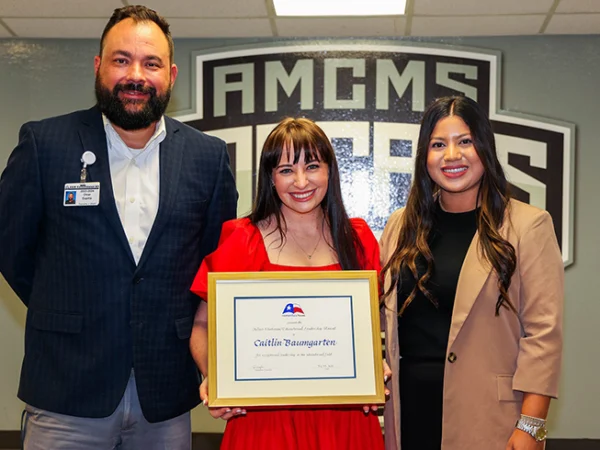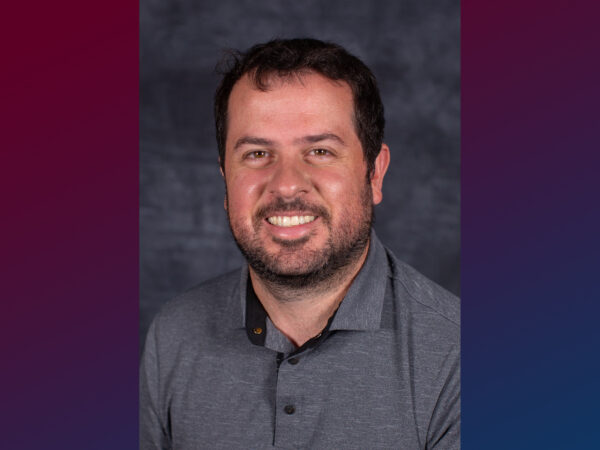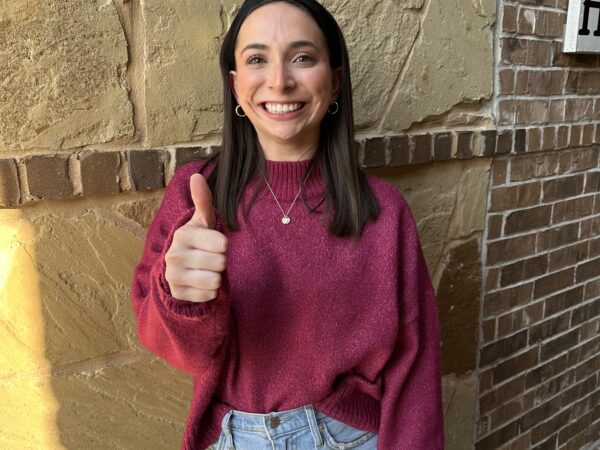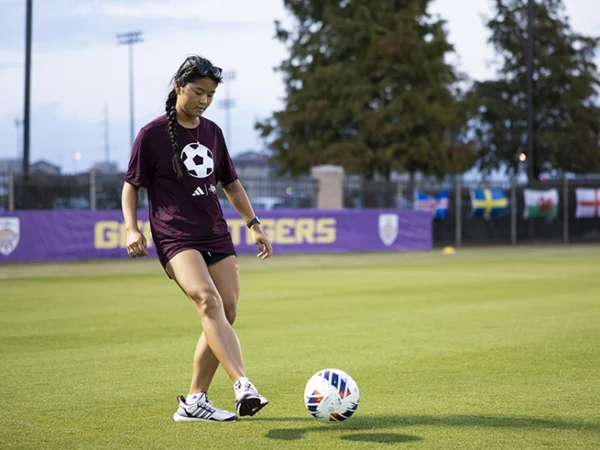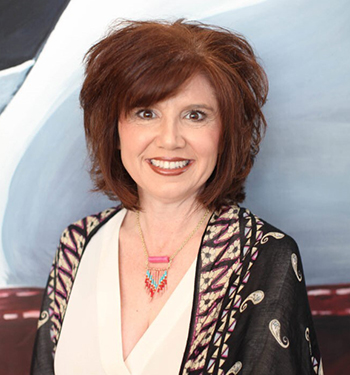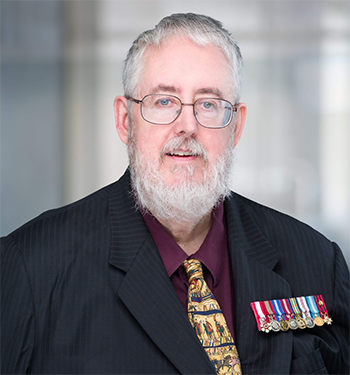The Importance Of Intersectionality In Educational Equality For Women
In 1972 Title IX was enacted, ensuring the right to education free from sex discrimination. Although this was a giant leap for educational equality for women, Dr. Chayla Haynes Davison says we are far from the finish line for women’s equality from the standpoint of intersectionality.
“No one woman is the same; nor are the needs of any population of women. To achieve the equitable outcomes we want, in education and beyond, we need to place a greater emphasis on intersectionality and intersectional interventions,” Dr. Haynes Davison said.
Dr. Haynes Davison is an assistant professor in the Department of Educational Administration and Human Resource Development. Her research centers on Black women in higher education, critical and inclusive pedagogy and race, equity and inclusion in higher education.
INTERSECTIONALITY
Intersectionality is a concept that describes how minoritized populations can experience multiple forms of oppression at the same time. Black women, for example, can experience racism, sexism and classism simultaneously because of the racialization of their gender.
Dr. Haynes Davison hopes, through her research, she can expand literature surrounding intersectionality and black women to inspire public policy in achieving equality.
“When I teach students how to examine issues of educational equality from an intersectional point of view, they are better positioned to create educational conditions that can improve the economic, health and social outcomes for all learners,” Dr. Haynes Davison said.
She said achieving equality in education will not happen if other factors like economic, racial and health equality are not addressed.
“Equality is a trans-disciplinary issue with public good implications,” Dr. Haynes Davison said. “Equality has to be pursued from the standpoint of intersectionality to represent the voices and lived experience of Black women and women of color.”
MICRO, MESO, MACRO
Dr. Haynes Davison also talks to her students about the importance of representation and its relationship to the advancement of educational equality at the micro, meso, and macro levels.
At the micro level, she uses her classroom to help students understand why racism is an issue that should concern all of us.
“Racism is not only an issue in education and thus, cannot be dismantled in the education sector alone,” Dr. Haynes Davison said. “Racism is an issue of concern to me as educator, to you as a policy person, and to my faculty colleagues in the school of nursing, for instance. We are all interested in improving education, health and economic outcomes.”
She further described her activities at the meso level by sharing her experiences at the 2018 Women’s Research on Women Symposium on Texas A&M campus.
“I made three new connections there with colleagues from different disciplines and fields, who also are committed to designing intersectional interventions that focus on the educational, economic, and health outcomes of Black women and women of color,” Dr. Haynes Davison said.
Through her research and published literature, Dr. Haynes Davison hopes to impact education equality for women of color on the macro level, for example, through her collaboration with other critical race theory leaders.
She has collaborated in research with Black feminist leaders such as, Dr. Kimberlé Crenshaw, American civil rights advocate and coiner of the term ‘intersectionality’.
“My hope is that my research and other black women who are writing about gender inequality or intersectional forms of oppression will bring to the forefront how this is not just an education issue,” Dr. Haynes Davison said.
To learn more about Dr. Chayla Haynes Davison’s research visit tx.ag/HaynesDavison
About the Writer
Heather is responsible for news coverage in the Department of Health and Kinesiology, as well as the Department of Educational Administration and Human Resource Development.
Articles by HeatherFor media inquiries, contact our Media Relations Coordinator, Ashley Green
Fundraising
To learn more about how you can assist in fundraising, contact Amy Hurley, Director of Development ahurley@txamfoundation.com or 979-847-9455




